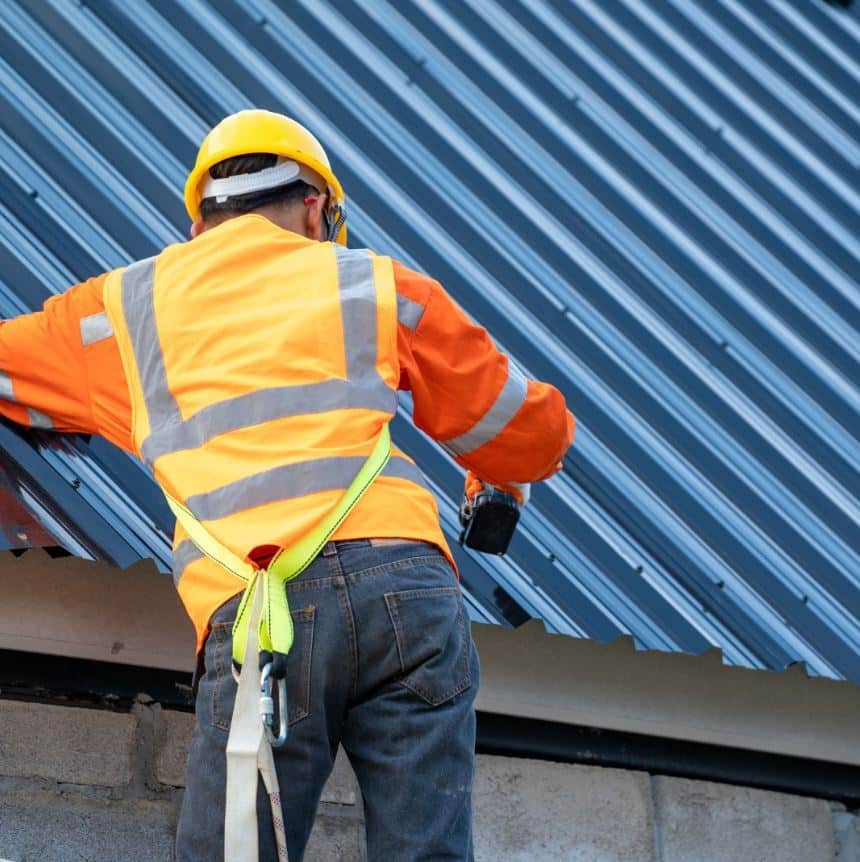Leaks that occur in commercial properties can cause significant damage. This may lead to expensive repairs, lost time, and mold growth. Leaks in commercial buildings can lead to structural damage and disruptions, whether from plumbing problems, roof damage, or poorly sealed windows. For the longevity and health of your business, it’s important to stop leaks in their tracks.
In this article, you’ll learn how to prevent leaks at your commercial buildings. Act fast if you’re already experiencing water damage. Contact a water damage restoration company near me to help mitigate the damages and restore your building.
-
Regularly Inspect Roofs And Gutters
The roof is the most susceptible area for leaks in any building. Over time, exposure of roofing materials to the elements (sun, rain, wind, and snow) can lead to deterioration, which leads to cracks or holes. It is crucial that you conduct regular inspections to catch these issues early.
Schedule roof inspections at least twice a year, in the spring, fall, and immediately after a severe storm. Look out for loose flashing or gutters that are clogged, damaged, missing, or curled shingles. Ensure debris is removed from gutters to allow water to flow freely from a building.
It is important to repair any damage quickly to avoid leaks. Proactively maintaining the roof will reduce water infiltration and increase the lifespan of your roofing system.

-
Maintain Plumbing Systems
Water damage from plumbing leaks is another common problem in commercial buildings. A small drip, if not checked, can lead to major water damage. Maintaining the plumbing system in your building is essential.
If you want to avoid leaks, follow these tips:
- Look out for leaks: Check for damp spots, water staining, or odd smells around boilers, water heaters, and plumbing fixtures.
- Inspection of water supply pipes: Over time, the pipes that bring water into a building can corrode. These supply lines should be inspected regularly, and any damaged or old components should be replaced.
- Test Water Pressure: Excessively high water pressure can stress your plumbing system and increase the possibility of a rupture. Check the water pressure with a professional and make any necessary adjustments.
- Upgrade obsolete systems: Old plumbing systems leak more easily. Consider upgrading your building’s plumbing to a more modern material, such as PEX pipes or copper.
-
Inspect HVAC Systems
HVAC (heating, ventilation, and cooling) systems are also a common cause of leaks. Condensation can occur from air conditioners, clogged sinks, or leaking pipes in the HVAC system.
To catch these problems in time, it is essential to perform regular HVAC checks. Ensure that you:
- Clear condensate pipes: Blockages in drains can lead to water back flowing, which could cause leaks. Clear obstructions and make sure drainage is working properly.
- Ductwork was sealed: Poorly sealed ductwork allows condensation to build up and damage walls and ceilings.
- AC systems are regularly serviced: Schedule annual air conditioning maintenance to check for leaks.
-
How To Ensure Proper Drainage And Grading?
Water management in commercial buildings depends on the surrounding landscape. Poor grading and drainage can cause water to pool close to the foundation and leak into the building.
Pour direct water away. Ensure that the soil around your building slopes. Install French drains for proper drainage. Ensure that all drainage systems are working properly and free of blockages.
Consider installing a larger water management system in large buildings to deal with runoff from parking areas and other hard surfaces. This will help to prevent water accumulation around the building’s foundation during heavy downpours.
Conclusion
A proactive approach is required to prevent leaks in commercial buildings. This includes regular maintenance and inspection of critical systems, such as the HVAC, roofing, and plumbing. Regularly maintaining and inspecting these areas can reduce the risk and costs of water damage. If a pipe leaks, take immediate action to minimize damage. Contact a trustworthy water damage restoration company to reduce the likelihood of mold development and structural damage. Following these preventive measures can protect your commercial properties from water damage. They will also ensure that the building is more durable and safer in future years.






